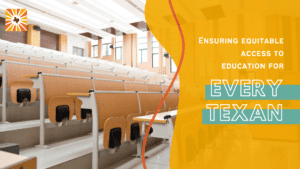
High Hopes, but Low FAFSA Completion Rates
Twitter Facebook Linkedin At the start of the year, educators and families across the U.S. were excited about the release of a better FAFSA. Texans from all corners of this
The costs of college have skyrocketed, doubling over the past 15 years.
To increase higher education access, Texas must build a pipeline across our educational and workforce systems to prepare Texans for the jobs of tomorrow.

Texas PACE consists of organizations from across Texas focused on improving equity in college access, affordability, completion, and student supports. We urge state leaders to collaborate on policies that will ensure Texas postsecondary students can move through the COVID-19 pandemic into a future of prosperity.
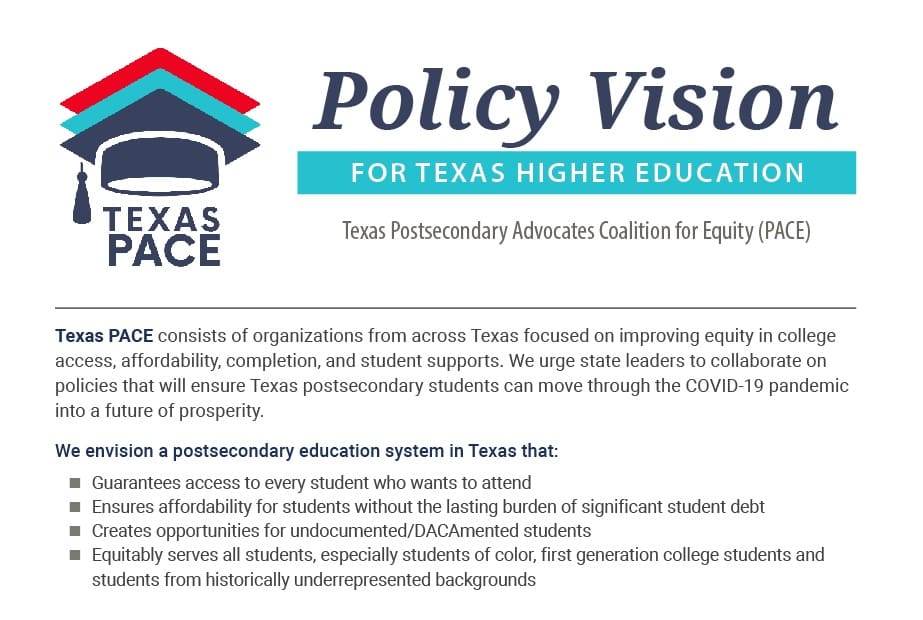

Twitter Facebook Linkedin At the start of the year, educators and families across the U.S. were excited about the release of a better FAFSA. Texans from all corners of this
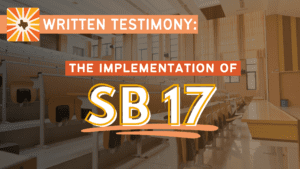
Read this testimony as a PDF here Every Texan is an independent public policy organization that uses data and analysis to advocate for solutions that enable Texans of all backgrounds
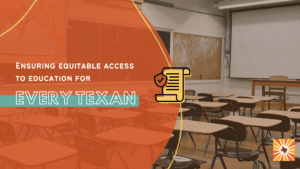
All students – regardless of race, class, or gender – deserve affordable post-secondary education. Access to financial aid makes it possible for many students to attain post-secondary education and pursue
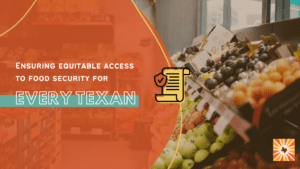
Explore our College Food Access Toolkit College students across the country struggle to afford and secure consistent access to quality food, though food insecurity on college campuses is often underreported
We believe Texas can be the best state in the United States, and our public policy work is an indispensable part of getting there. Your support improves equity in health care, food security, education, and financial stability.